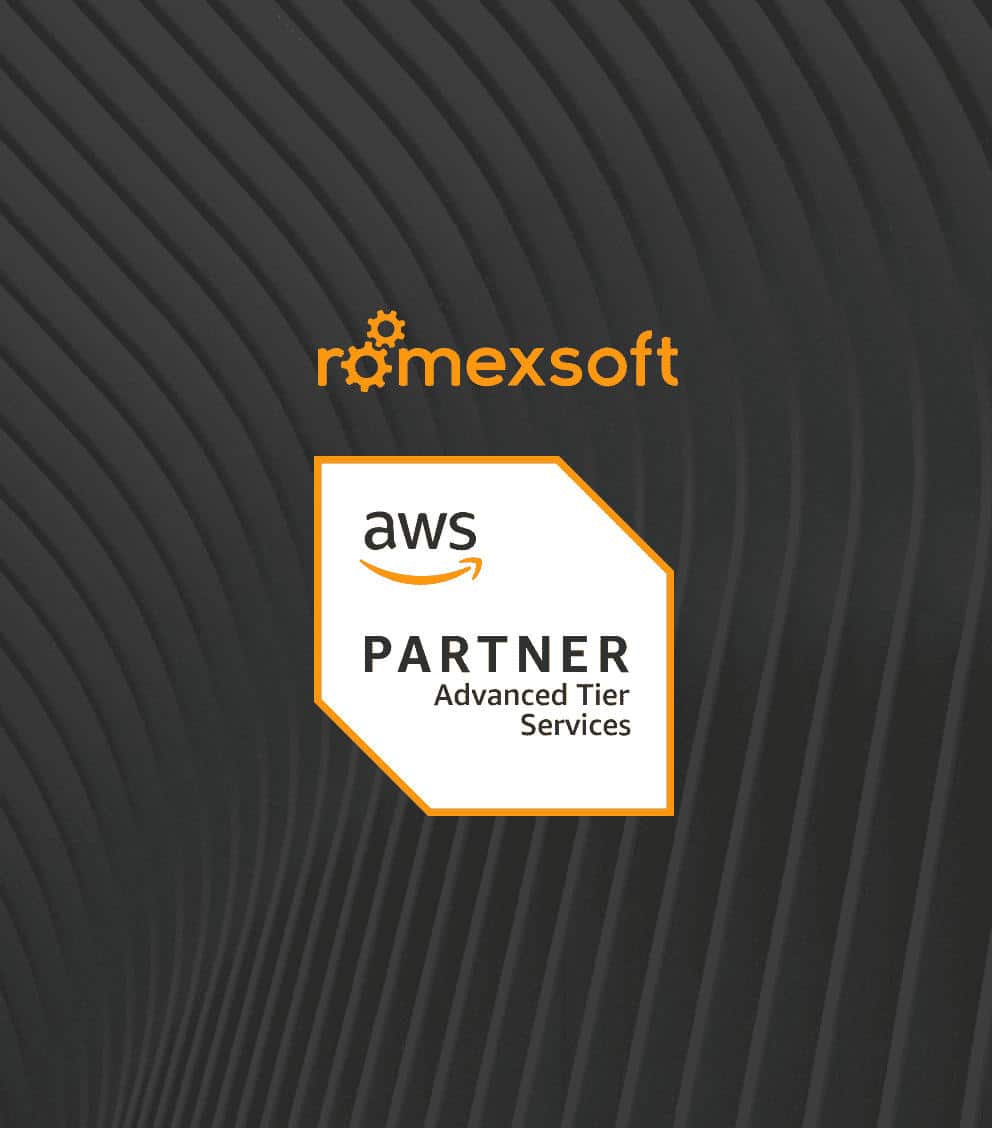Streamline Your ERP Development Using The Right Technologies
A detailed ERP technologies list business owners can use while creating a product requirements list for an ERP development project.

Table of Contents
When you began your business, it was small and simple.
Yet, over time it has scaled. And as this has occurred, you added the new technology to propel your business. You may have added a budget and accounting package, another package for inventory control, one for project management, one for sales management and customer relations, and still another for HR.
Altogether, you now have a disparate hodge-podge of software/apps for all of these business functions. They do not “talk” to each other. They all may require different logins, access permissions, navigational skills, reporting functions, and more.
What’s more, they may have all come from different vendors, have different technology stacks, and you are feeling that operations and management are just disjointed.
As a result – your team’s productivity suffers; simple business operations take more time and bottlenecks occur each other day.
Table of Contents
Getting to a Solid Solution – An Enterprise Resource Planning System

Enterprise resource planning (ERP) is a business management software that will give an organization an integrated system of applications that manage all aspects of the business and, as well, uniformly integrate even the back-office operations such as IT and HR.
The value of an ERP system is that it allows synthesis of all functions, including Manufacturing (procurement, product development, assets, inventory), Finance and Logistics (planning, supply chain), HR/Payroll (projects, talent procurement, customer experience), and Marketing and Sales.
While you may not be engaged in all of these functions yet, you may in the future, and having a custom ERP development system that can grow as you do just makes sense. For this reason, ERP systems are made up of modules based upon each company’s needs. If, for example, there is no current need for a product planning module, it will not be added.
Types of ERP Software
There are three broad categories of ERP software, and that is the first decision to be made.
- Client/Server software works on locally networked computers in-house.
- Web-based software will be hosted on a web server and can, therefore, be accessed by external devices using a web browser.
- SaaS software is also web-based but is owned by another enterprise, and is accessed based upon a contract for a number of transactions or amount of time. Of course, if you use this type, you will have little say about customization.
Technologies Used in ERP Development
Most business owners and C-level managers are not techies and so are not familiar with ERP related technologies. In fact, if you are not even certain what are ERP technologies, here is a short course that should help, as you make decisions.
First, some definitions that you will hear bantered about as you discuss ERP development with potential vendors.
- Platform: This is the hardware (e.g., computer) and software (the operating system) on which software applications (e.g., ERP system) will run.
- Language: The language/technology is a combination of the libraries, frameworks, and the server stack all together that will be used in the process of solution development. A server stack is basically a selection of software that allows tasks to be performed.
- Framework: this is a set of predefined classes and functions that a developer will use that will allow him to work faster. Basically, these are sets of tools to help a developer write code. Examples in JAVA, for example, would be Spring MVC or Java Server Faces (JSF).
The Programming Language for ERP
The decisions you will need to make, with the help of discussions with potential vendors, will be the best enterprise programming language for your needs.
Java remains the most popular and is often claimed to be the best framework for enterprise application for the following reason: it is “platform independent”.
Platform independence means it can run on almost any computer/operating system by simply installing a Java Runtime Environment. It will operate on PC’s with Windows, Mac, Unix, or Linux operating systems.
The other great benefit of Java is its long-term compatibility, which makes sure that new applications and the older ones will continue to work in future.
In looking at Java frameworks, there are some options:
Spring MVC: This is a popular Java framework because it can be used for almost any type of application being developed, especially web applications and REST services (communication efficiency between client and server).
Hibernate helps you deal with persistent data through ORM (Object-Relational Mapping) – a solution that enables representation and conversion of data between your database and the object-oriented programming language (Java in our case). Specifically, it helps backend developers to improve the data access layer, ensures higher portability across relational databases, and allows developers to achieve certain performance gains that are hard to obtain by hand-coding only.
Java Server Faces (JSF): This option may not be as agile as Spring MVC, but library components can be pre-selected. A favorite one right now among developers is PrimeFaces, because it provides a great user interface on the front-end.
A great option for front-end development is Angular.js – a “newer” technology designed specifically to speed up the development process. And this technology has some features that MVC and JSF do not have. The latter are what is called “static” applications” or “server-side” frameworks. This means that there is pre-formatted information that comes up when a user makes a request.
Angular enables the creation of a “dynamic application,” meaning that a user makes a request for information and the server processes that request without a limited pre-format response. The need for Angular should be discussed with your developer and will be based on what you want your system to do.
While Java is the preferable programming language at Romexsoft as we think that this is the best technology for ERP development, you might be initially looking into other enterprise programming languages. Here’s a quick run-down on the pros and cons of the most popular options:
.Net: The language was originally designed by Microsoft for building Windows applications, yet it now offers connectivity with non-Windows environments as well. You can even deploy mobile apps (through Xamarin) with it. Another pro of using .NET (and a con at the same time) is that Microsoft gives developers plenty of tools and guidelines to follow, which is certainly great. Yet at the same time – it poses certain limitations on how far you can go with your project.
The bottom line is this – if you want to specifically “target” desktop Windows users, .NET might be a better choice. If you want to build a reliable, more portable, multi-platform product, opt for Java.
Python is another robust programming language often considered for web-based ERP development, which allows mixing object-oriented and imperative programming (something Java does not support). Yet, if speed matters to you, the benchmark tests have shown that Java runs approx. 25 times faster than Python. This is partially attributed to the fact that Python can only use a single CPU core, whereas Java does not feature this restriction.
ERP Technologies List: The Database and DBMS

Again, based upon your needs and discussions with potential developers, there are options for technology stacks. In your discussions with potential developers, you may hear some of the following technology recommendations.
Database and DBMS: A database is that part of the framework that will hold all of the information that will be queried by users. A database management system (DBMS) is an application that does the actual interacting with users, other applications, and the database.
By far, MySQL is a preferred DBMS, for a number of reasons. It is open source, there is a large community and great support from Stack Overflow. For purposes of an ERP application, it has solid consistency and availability, and those terms mean just that. The data is consistent no matter who queries and it is available when it is queried. Most all developers consider it the best DBMS.
Yet, you shouldn’t feel limited in choice. MSSQL is another powerful database to consider. First, it comes with a set of handy troubleshooting tools (SQL Server Profiler, SQL Server Management Studio and more) that will help the developers to fine-tune your system. Next, there’s plenty of online documentation and communities available if any issues are encountered. Yet, there’s one known issue with MSSQL – it tends to “hog” the virtual memory from the virtual machine’s perspective, meaning that your admins will have to consistently monitor the resources utilization to ensure your product runs smooth at all times.
PostgreSQL has a plethora of advantages, specifically for ERP. The database is immune to over-deployment, meaning that there are no associated licensing costs for it. You can easily scale your product without being worried about license compliance. It’s stable, reliable and cross-platform and was originally designed to cater to high-volume environments.
Oracle SQL is a robust relational database, which supports batch-processing for transactions. That stands for faster response time. It’s cross-platform and could be run in different environments, yet you should mind the licensing fees. Those can quickly add up if you decide to scale.
Are You Confused?
It’s perfectly fine to be confused about technologies that are used in building a solid ERP. Hopefully, though, you now have at least a cursory understanding of the terminology and what role various technologies play in ERP development.
As a business owner, you are not going to develop ERP solution on your own. You are going to determine what you want your ERP to do for your organization today and in the future, so that you can have a candid discussion with a team of developers you are considering.




